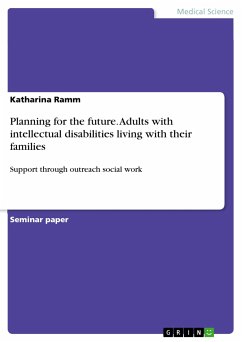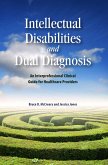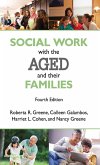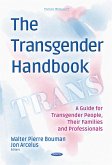Seminar paper from the year 2011 in the subject Nursing Science - Nursing Management, grade: 1,0, University of Applied Sciences Bremen (Gesellschaftswissenschaften), course: Internationale und interkulturelle Aspekte der Pflege/ des Gesundheitswesens, International vergleichende Aspekte der Steuerung und Organisation der Gesundheitsversorgung, language: English, abstract: In the paper the author delineates the situation of adults with intellectual disabilities living with their family carers who are not in contact with social services for their personal future plans. Many adults with intellectual disabilities live with their parents and receive the necessary support from them in everyday life. Even today, many grown-ups with intellectual disabilities, who are living with their often very old parents, can hardly be included in the social system. Personal future plans are rarely realized, because the family care arrangements are consolidated in a way that the parents benefit from their children's presence and are not interested in any changes. A sudden illness or the death of the parents can cause a lot of problems and trouble for their child. The person must deal with different new social situations, which are often very frustrating and overcharging for a person, who lived in a shielded, peaceful family care arrangement. Thus, planning becomes the key to preventing a crisis when family care is no longer achievable because of death or illness. In this case existing knowledge and practice are largely based upon the perspective of professionals. Study findings show that adults with intellectual disabilities are very aware of the need for alternative housing or support in the future and had clear preferences about their future options. The awareness of the unavoidable death or a possible severe illness of family carers reveal the importance of involving adults with a learning disability in planning for their future, as well as supporting them in the case of a bereavement.
Dieser Download kann aus rechtlichen Gründen nur mit Rechnungsadresse in A, B, BG, CY, CZ, D, DK, EW, E, FIN, F, GR, HR, H, IRL, I, LT, L, LR, M, NL, PL, P, R, S, SLO, SK ausgeliefert werden.









